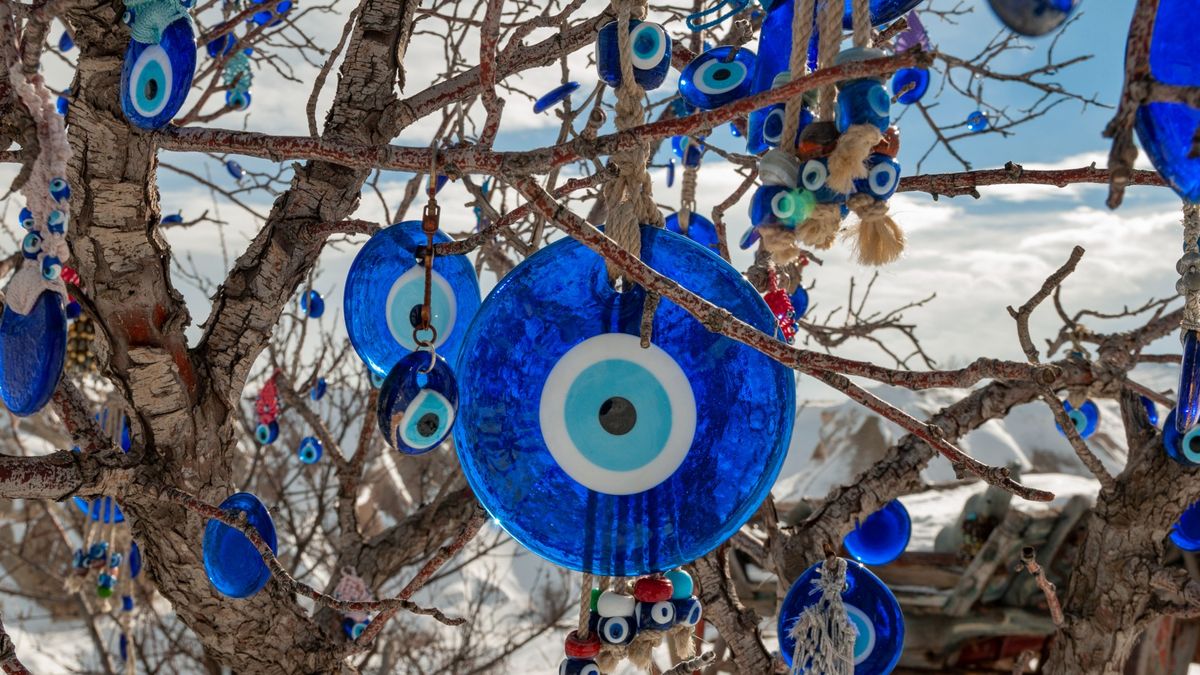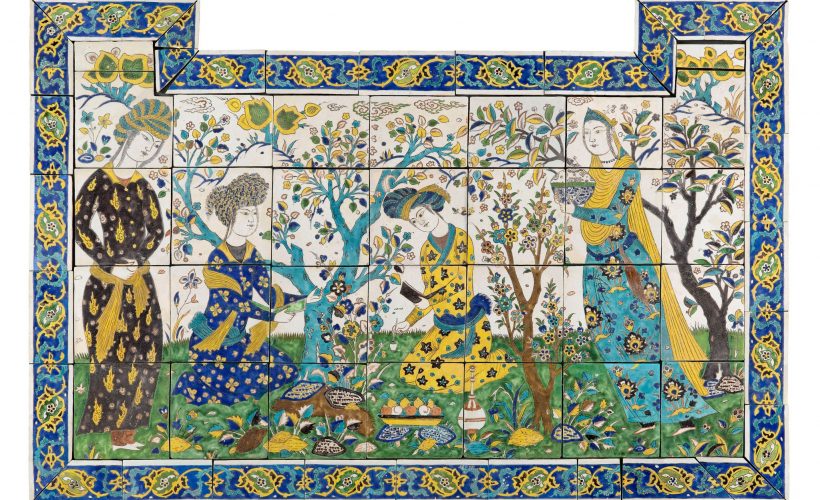History & Heritage
11.2.2023
The evil eye: what is this widespread belief in the Arab world?

The “evil eye” is a belief rooted in Arab culture and widely held in the countries of the Mediterranean basin. The most important thing is not to attract it, but to protect yourself from it. To counter its effects, the people of North Africa and the Middle East use a variety of means: amulets, incense, Koranic recitations, etc. So what exactly is this superstition of the ‘evil eye’? We tell you all about it!
What is the evil eye?
Known as aayn in Arabic, the evil eye refers to jealousy and envy. It is believed that a person can, voluntarily or involuntarily, inflict curses or misfortune on others by feeling negative emotions towards them. Potentially powerful, the evil eye could cause fatigue, the onset of illness, loss of money, divorce or even a family quarrel… To protect themselves from such tragedies or ward off fate, people who firmly believe in it engage in rituals based on religious practice or ancestral traditions.
Voir cette publication sur Instagram
How is the evil eye warded off in North Africa and the Middle East?
The belief in the evil eye dates back to ancient times. Back then, the ancient Egyptians used to apply kohl around the eyes to ward off evil. But what about today? Here are some rituals used to counter the effects of aayn
Talismans
You will no doubt be familiar with the hand of Fatima (daughter of the prophet Mohammed) or the blue eye. Very popular in the Maghreb and certain Middle Eastern countries, these symbols – used in the form of amulets or jewellery – can be hung at the entrance to a house, around the neck, on the rear-view mirror of a car, and so on. It is believed that the talisman breaks when it has served its purpose.
Voir cette publication sur Instagram
Prayer
Many Muslims believe that amulets are not permitted in religion. They therefore turn to God for protection against evil spirits, reciting verses from the Quran such as: “I seek protection from the Lord of the dawning dawn, against the evil of the beings he has created […], and against the evil of the envious when he envies”.
Incense
In many cultures, burning incense is said to have the power to cleanse the negative energies projected by the evil eye”. While Bedouins rely on agarwood for their purification rituals, incense made from thyme and nigella seeds is also very popular.
popular

